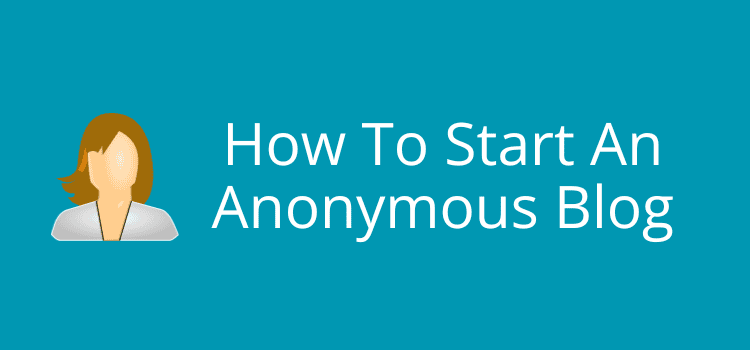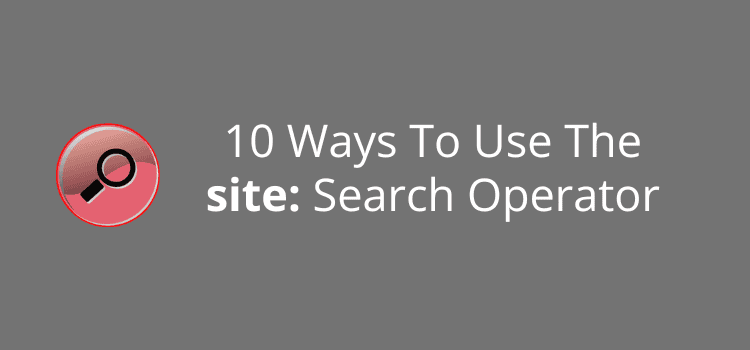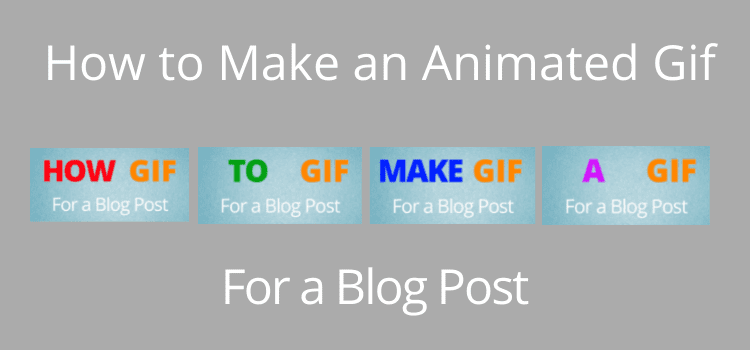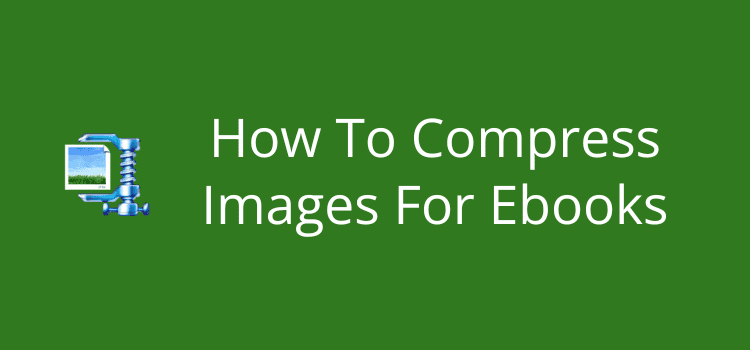
Can you start a blog anonymously and keep your identity a secret? Yes, you can, and it’s relatively easy to do.
Perhaps you want to protect your privacy or avoid potential conflicts with your professional life.
For authors who write under a pseudonym, blogging under your pen name is often a good idea.
Whatever your reasons, blogging without revealing your identity and staying under the radar is an ideal solution.
Reason to have an anonymous blog

If you choose to blog anonymously, you probably have good grounds to do it.
One common reason is that it will be your first venture into writing and publishing. It’s an excellent way to hone your writing skills without attracting personal criticism.
Maybe you want to write about and share information that you would prefer your friends, family, or work colleagues not to associate with you.
Sensitive or controversial topics can be popular with blog readers, but you would prefer to start and then stay out of the conversation.
From a professional perspective, you might want to avoid potential conflicts, especially if your personal opinions differ from those of your profession or employer.
Another reason could be that you want to explore a new hobby or interest and keep it private.
Online criticism, negativity, or harassment are often a concern. Maintaining your privacy can help reduce the possibility of this unwelcome attention.
Whatever your reason or reasons, starting a blog without revealing your identity can give you some peace of mind.
You can maintain your privacy but, at the same time, express yourself through your creative writing.
Actions to take to hide your identity

Most blogging platforms have settings you can use to make sure your identity is not disclosed. At the very least, you can change or even hide the author’s name in article bylines.
But on top of that, here are ten more things you can do to help protect your privacy.
Use a pseudonym: Create a name unrelated to your real name. You could also choose to show the author of your posts as “Editor,” “Contributor,” or “Staff Writer”. Lastly, you might hide the author’s byline and show no details.
Create a new email address: Register a new email account that doesn’t include your real name or any other identifying details to use only for your blog account or any interactions on your blog.
Carefully choose your blogging platform: Use blogging platforms or services that offer settings for anonymity. WordPress and Blogger are two good examples. However, some platforms require personal details to set up an account, but these details will not show on the front end of your site.
Avoid personal information: Be careful not to inadvertently share details about your location, workplace, or personal life in your posts.
Be cautious with images: Don’t publish photos of yourself or your surroundings. Also, double-check the metadata on any images you upload to your blog to ensure there is no identifying text.
Separate social media accounts: If you want to promote your new blog on social media, create new accounts linked to either your pseudonym or the name of your blog.
Don’t give clues in your writing: Avoid using personal anecdotes and keep specific experiences vague so you don’t give away any information about yourself.
Double-check privacy settings: To help limit your public visibility, make sure your blog and other associated accounts are set to the highest privacy levels.
Avoid linking accounts: Don’t connect your anonymous blog to personal email addresses, payment systems, or existing personal or professional social media accounts.
Carefully monitor comments and interactions: If you allow comments on your blog, be extra careful about what you say in comments or replies.
These suggestions will have you pretty much covered as far as online privacy is concerned for your blog. However, nothing is ever totally secure on the Internet, so all you can do is take reasonable precautions.
Can you monetize it?
Just because your blog doesn’t show your real name doesn’t mean you can’t eventually earn an income from it.
However, like any new blog, you need to attract enough regular traffic to make it viable.
As a general rule of thumb, a blog needs at least 10,000 page views per month before you can expect to make any money.
The easiest way is to have ads on your site, but getting approval from ad networks can take time. Most have a traffic minimum before you can become eligible.
Google Adsense is very popular with bloggers because it has no minimum traffic requirements, but it does consider the quality of a site’s content, so approval is not automatic.
Affiliate marketing is also a relatively easy way to earn money. Most programs pay you when someone buys a product or service from your affiliate links. However, unlike ad networks, you usually don’t need a minimum amount of traffic. Amazon Associates is one of the most popular for new bloggers.
Both of these options will require you to register with your real name and provide bank or payment details so you can get paid, but these details will not show on your blog.
You can also sell digital products like ebooks from your site. However, you will need to use a payment gateway such as Paypal or Stripe, so you will have to be careful how you set up these services so that your real name doesn’t show on customer receipts.
The pros and cons of blogging anonymously
While there are definite advantages, there are also downsides.
Here are a few points to consider.
Advantages
You’ll have the freedom to express yourself on topics or issues that may not fit with your professional, personal, or family life.
Your anonymous blog will give you some protection from personal or professional criticism or negativity.
It will give you the option to experiment with your creative writing without fear of any personal judgment.
Disadvantages
It’s much harder to build trust or relationships with readers without a real identity.
It will give you limited opportunities to network or collaborate with other bloggers or experts on your topic.
Promoting your blog on social media channels can be challenging.
Summary
Unless you are extremely anxious about your online privacy, there is no need to use VPNs or rotating IP addresses.
For a new blog, using a pseudonym or no name at all and being mindful of what you share is usually enough.
Opening new and totally separate social accounts to promote your blog can also maintain your privacy.
Yes, there are a few limitations, but the benefits of privacy and freedom often outweigh the drawbacks.
If you’ve been thinking about starting a blog but fear exposing yourself, the tips in this article should help you keep it a secret.
Related Reading: Blogging For Authors – Here Are The Major Pros And Cons
Share This Article


